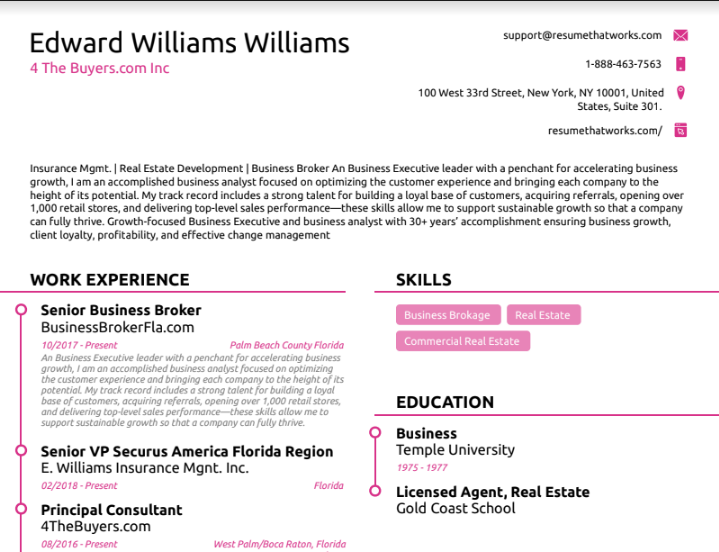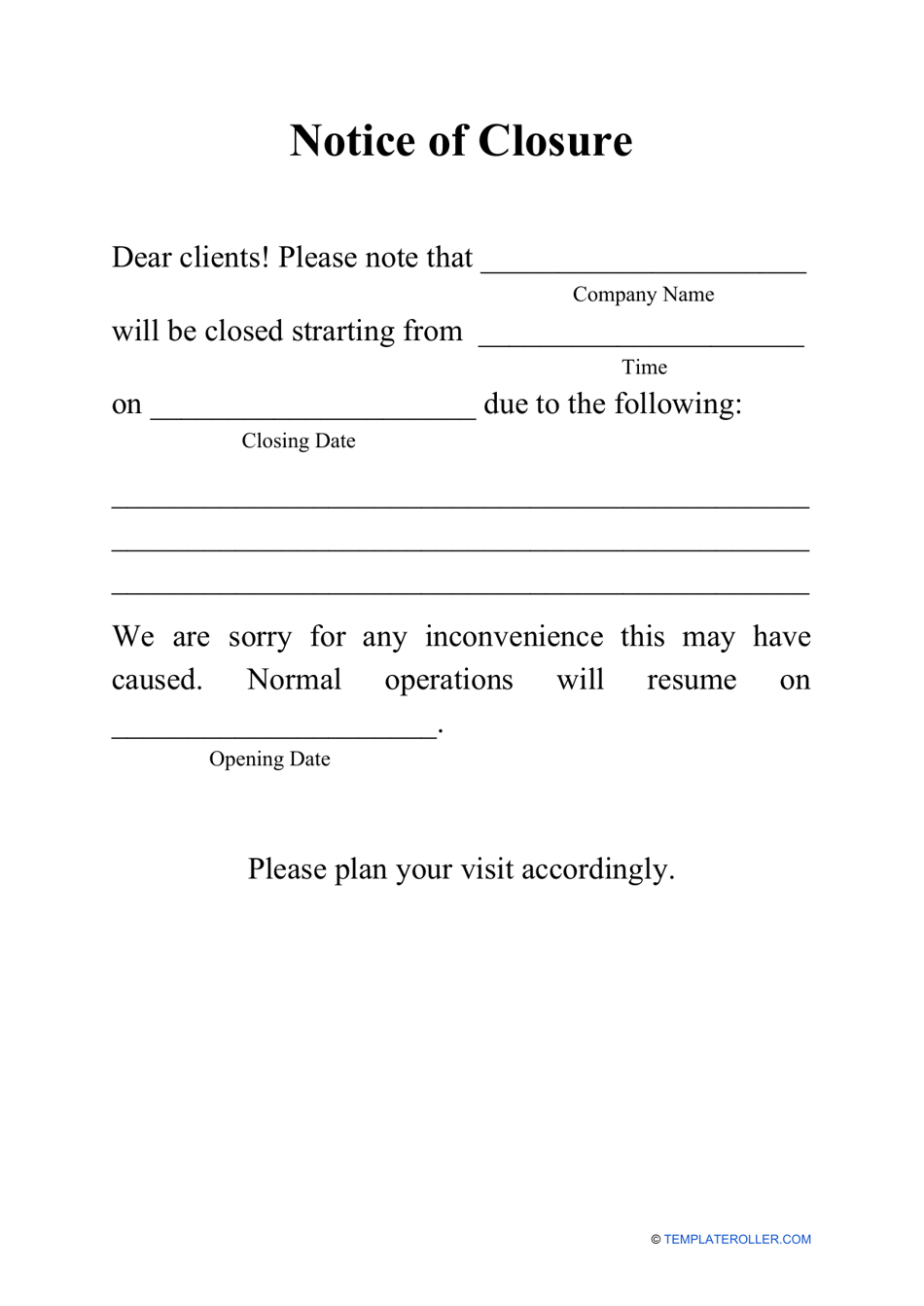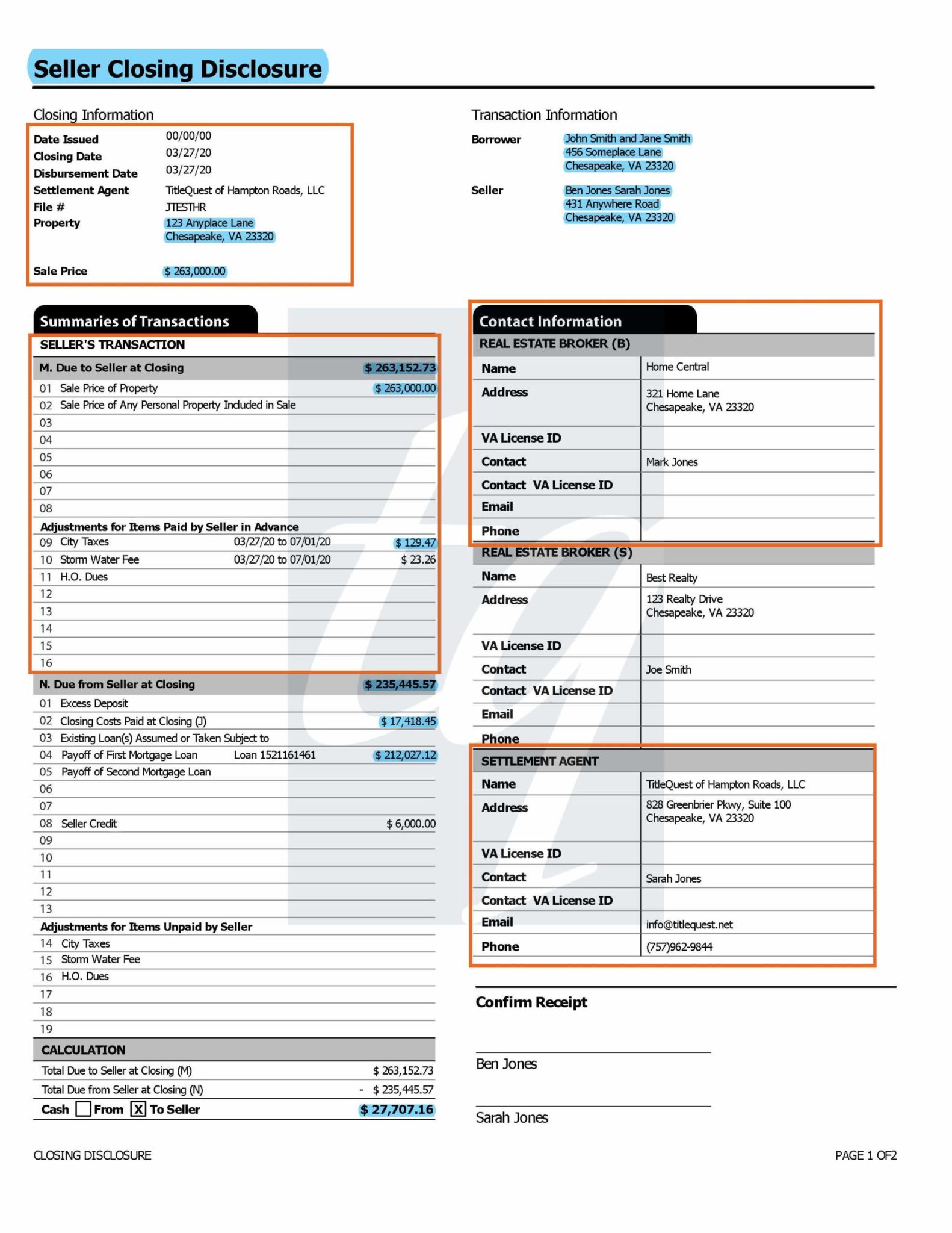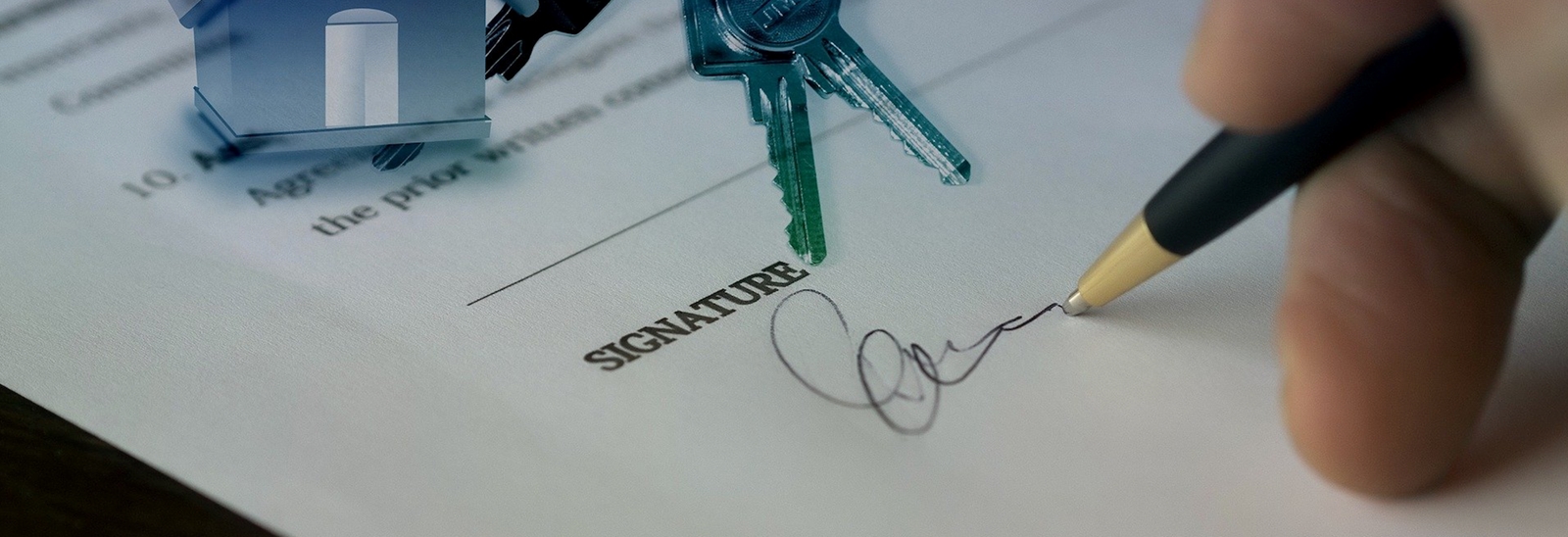Can Buyers Sign Closing Paperwork Early? Here's What You Need to Know

In the complex world of real estate transactions, timing is everything. For buyers eager to take possession of their new property or for those juggling multiple purchases, a common question arises: Can closing paperwork be signed early? Let's dive into the intricacies of real estate closing procedures and uncover the answers to this crucial question.
Understanding the Closing Process

Before we can discuss signing closing paperwork early, it's essential to understand what the closing process entails:
- Final Walk-Through: A last-minute inspection to ensure the property is in the agreed-upon condition.
- Document Review: Buyers and their agents review all closing documents, including the mortgage documents, title documents, and disclosures.
- Financial Settlement: Transferring funds from the buyer to the seller, including down payments, closing costs, and real estate commissions.
- Signing Documents: This step involves signing the mortgage note, deed, closing disclosure, and other required forms.
- Recording the Deed: The transfer of title is officially recorded with local authorities.
- Handing Over Keys: After recording, the property is officially transferred to the buyer, and they receive the keys.
Why Would Buyers Want to Sign Early?

There are several scenarios where buyers might want to expedite the signing process:
- Coordinating Multiple Closings: If buyers are involved in multiple real estate transactions, signing one set of documents early can help streamline the logistics.
- Relocation Needs: Buyers might need to move in before the official closing date due to job relocations or personal reasons.
- Lease Expiring: If a buyer's lease is about to end, signing early could ensure they don't face the stress of moving out and moving in on the same day.
- Interest Rate Concerns: For buyers who have an interest rate locked in for a limited time, early signing can mitigate the risk of rates rising.
Can Closing Paperwork Be Signed Early?

While the traditional process assumes all documents are signed on the closing date, there are provisions for early signing under certain conditions:
Pre-Signing Documents

- Loan Documents: Some mortgage companies allow for pre-signing of loan documents, which can speed up the closing process on the day.
- Power of Attorney: In some cases, buyers can sign with a power of attorney to be executed on their behalf if they are unavailable on the closing date.
- Escrow: Funds can be placed in escrow, allowing for signing before the official closing date, with the stipulation that they are released upon meeting all conditions of the sale.
⚠️ Note: Pre-signing requires careful coordination and often mutual consent from all parties involved, including the lender, title company, and the sellers.
Challenges with Early Signing

- Lender Requirements: Lenders have their protocols for document signing, and many require that closing documents be signed within a specific timeframe or on the closing day itself.
- Title Company: The title company needs to ensure all liens are cleared, taxes are paid, and the title is clear before the signing can occur.
- Insurance: Title insurance, which protects the buyer against potential title issues, might need to be in place before signing can be completed.
- Seller's Consent: Sellers may be uncomfortable with early signing due to the risk of the buyer backing out before the official closing date.
How to Make Early Signing Work

If you're considering signing your closing paperwork early, here are steps to take:
Communication is Key

Discuss your intentions with your:
- Real Estate Agent: They can coordinate between you, the seller, and the other involved parties.
- Lender: To understand if pre-signing or power of attorney is an option.
- Title Company/Attorney: To coordinate escrow and ensure all conditions are met.
- Seller: Gain their approval for an early signing, potentially with some concessions or incentives.
Negotiate with the Seller

- You might offer to release escrowed funds, provide additional earnest money, or agree to other terms that protect the seller's interests.
Ensure All Conditions Are Met

- Confirm that any repair requests or final inspections have been addressed.
- Ensure the title is clear and all liens or encumbrances have been resolved.
- Get pre-approval from the lender for early signing if necessary.
📝 Note: Early signing can add complexity to the transaction, so all parties must be on the same page, and conditions met, to avoid any legal or financial repercussions.
Wrapping Up the Process

Navigating the real estate closing process with an aim for early signing requires a strategic approach. Here are some key takeaways to help manage this:
- Legal Guidance: Ensure all parties have legal counsel or representation to navigate potential issues.
- Contingency Planning: Have a backup plan in case the early signing does not proceed as planned.
- Documentation: Keep meticulous records of all agreements, communications, and changes to the original contract.
- Flexibility: Be ready to adapt to any last-minute changes or requirements from lenders or title companies.
Ultimately, while the concept of signing closing paperwork early might seem appealing to speed up the process or meet personal deadlines, it comes with its own set of challenges and considerations. Coordination, clear communication, and legal oversight are crucial to ensure the transaction remains smooth and secure for all involved.
Is it legal to sign closing paperwork early?

+
Yes, it is legal, but it must be done with consent from all parties involved and in compliance with the legal and lender requirements. Early signing often involves coordination with real estate professionals and attorneys to ensure all contractual obligations and safeguards are in place.
What happens if the sale falls through after signing?

+
If the sale doesn’t close as expected, pre-signed documents might be voided or would require renegotiation. There could be financial penalties, especially if funds are in escrow or if the buyer backed out without justification.
Can a buyer back out after signing closing documents?

+
Once signed, backing out becomes complex. If the sale has not been finalized and recorded, a buyer could potentially negotiate an exit or face legal or financial consequences based on the contract terms and local laws.